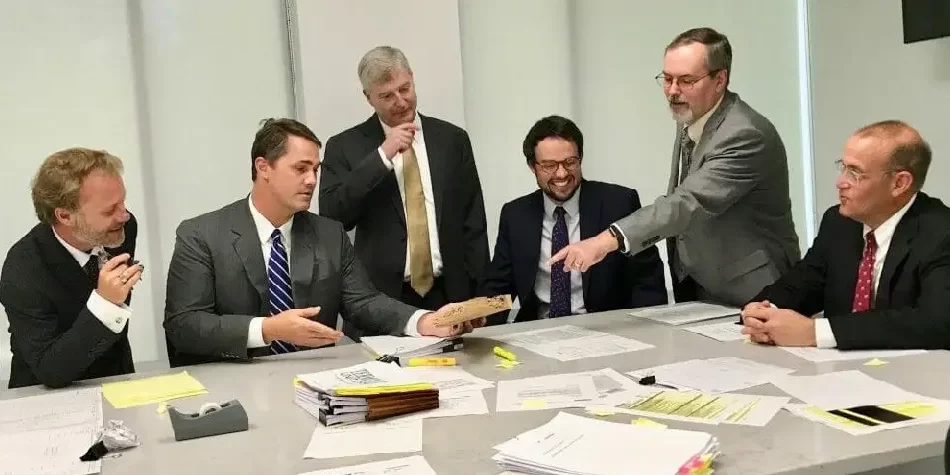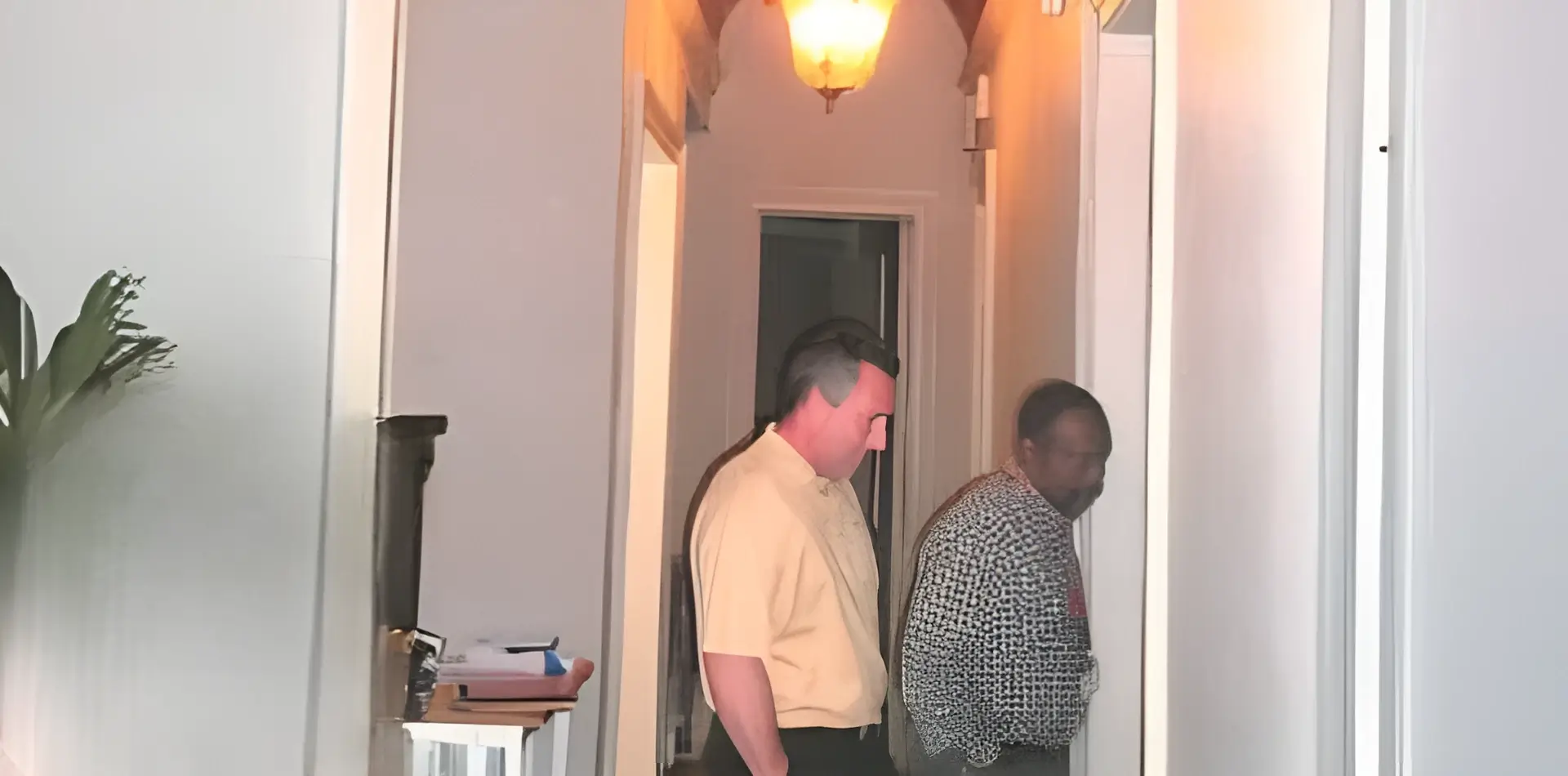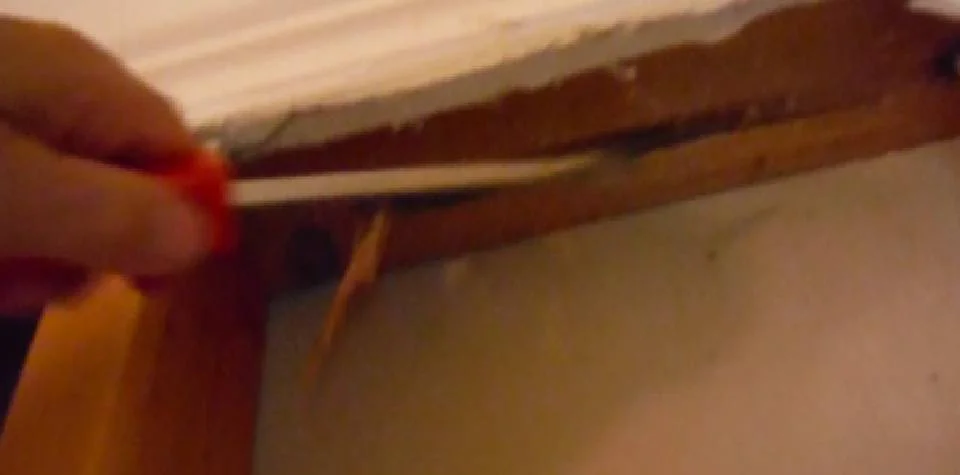Terminix Raises Termite Bond Renewal Rates Up To 459% To Run Customers Off: Why?

Terminix is drastically raising renewal rates for many termite bondholders along the Gulf Coast – sometimes as much as 459%. The new renewal fees are sometimes as high as $1,500. At these new rates, it almost costs as much to hire another company and get a new termite treatment. That is exactly what Terminix wants these customers to do, according to Tom Campbell of Campbell Law PC. This may seem nutty but there is a method to Terminix’s apparent madness.
Termite Tom & Campbell Law Pc
You’re In Good Hands
We focus on termite cases every single day. Proven Experience Matters.
Terminix knows its customers’ homes have an extraordinarily high chance of massive hidden termite damage.
“Terminix knows its customers’ homes have an extraordinarily high chance of massive hidden termite damage. Our law firm represents dozens of families and businesses where the injury Terminix caused to their home or place of work is many hundreds of thousands of dollars”, says Campbell.

The rate increases, from 50% to 459% seem to be in direct proportion to the risk that the property has massive hidden damage. How could Terminix know this? Current and former Terminix managers from the branch to the Vice President level have come forward to blow the whistle on Terminix. For decades, Terminix did illegal partial termite treatments. The problem with that is that a partial termite chemical barrier will not prevent termites over time. Virtually all states regulate this industry and have strict requirements for how the chemical must be applied under and around the foundation.
In a half-dozen cases over the past six months, Campbell Law PC clients collected almost $10,000,000 in arbitration awards and jury verdicts. Most included hundreds of thousands of dollars in punitive damages. Paid judgments are $1,973,910; $1,650,000 plus attorney fees; $1,616, 265, plus attorney fees; $1,600,000; $1,035,000, plus attorney fees; and $1,000,000.
Evidence in these cases and others proved to five different arbitrators and a Biloxi, Mississippi jury that Terminix not only applied incomplete initial treatments but even worse, Terminix doesn’t replace worn-off chemical barriers. Termite chemicals wear-off over time. Terminix’s bonds promise that the company will inspect annually “and apply any additional chemical without additional charge.”
However, Terminix’s Home Office prohibits local branches from replacing worn-off chemical barriers. The combination of these two practices means that tens of thousands of Gulf Coast properties have had no termite prevention for decades. Not surprisingly, termites infest the buildings and do damage inside wall and floor systems where the damage is not discoverable until it is at catastrophic levels.
Terminix is trying to avoid the liability for termite damage that it knows these bad business practices are causing by running-off the customers before they discover the termite damage lurking inside their walls, floors, and foundations.

According to Campbell, “In recent testimony, local Terminix branch managers and the Alabama regional manager testified that branches did studies, discovered that incomplete and worn-off treatments were causing huge amounts of damage, and proposed programs to Terminix executives to apply the required treatments. All three of those men (Steve Barnett, Tom Hodges, and Terry Henson) were fired by Terminix – and none of the recommendations were implemented.
In addition, the current Southeastern Division Vice-President, Jeff Storck, previously served as the Director of Service at Terminix Headquarters. In that role, Mr. Storck independently studied the claims rate problem and also recommended that the higher-level executives approve remedial measures. Mr. Storck’s recommendations were rejected.
The upshot is that the string of managers in the line of command from the local branch to the Division Vice-President recognize that the claims are Terminix’s fault and the company should do the right thing. The executives are unwilling to do so.
To make a change, one must have both the will and the ability to make the change. Terminix has the ability to provide the service promised in its contract. If it did not plan to replace worn-off prevention barriers, it should not have promised in its bonds to do so. Terminix has collected plenty of money to provide the service; even at its old renewal rates.
In recent testimony, the proof showed that Terminix made a 96% gross profit margin at the previous average renewal rate of $250. Annual renewal inspectors at Terminix were required to do 14-15 inspections each day. On an annual basis, this means each inspector generates about $750,000 in revenue for the renewal inspection.
At 14-15 inspections per day, the managers and inspectors say the Home Office did not allow enough time to do competent inspections. The inspectors are paid $11-13 per hour.
Even with benefits, they earn less than $30,000 per year while generating $750,000 in gross revenue for the company. Legitimate businesses do not make a 96% gross profit.
Terminix has collected plenty of money from its termite customers to pay for performing the termite prevention service it promises and to pay the claims for the termite damage it allowed to happen.
Campbell Law PC is available to help Terminix and other termite company customers.

